Beyond the Product: Understanding the Emotional Drivers of Indian Consumers in D2C Branding
Contributors:
Beyond the Product: Understanding the Emotional Drivers of Indian Consumers in D2C Branding
Published: July 4, 2023

Summary
What are the emotional drivers influencing Indian consumers’ purchasing decisions in the D2C (Direct-to-Consumer) sector? Here we highlight the importance of understanding and leveraging these emotional drivers, such as happiness, safety, social acceptance, esteem, trust, convenience, personalization, nostalgia, altruism, and curiosity, and how they are uniquely interpreted within the Indian market. Special attention is given to the role of cultural context, like family significance, value for money, and traditions, in shaping consumer behavior.
In India, every day is a festival. Be it somebody’s birthday or anniversary and our usual festivals such as Diwali, Holi, Christmas etc. Even if there’s no festival, Indian consumers will always look for some reason to go to their nearest mall or on e-commerce platforms and make a purchase. There are many reasons and drivers for someone to buy a product, but one driver that always takes the cake is the emotional driver.
Indian culture always resonates with experience, and experience resonates with emotions. Gifting one of the best grooming kits on Father’s Day or making a set ready for the requirements for mom to be at her baby shower, it’s the emotions tied to every gift that makes it more special and one of the key reasons why the demand has suddenly shifted to a D2C brand in the last couple of years.
Key emotional drivers for a product purchase
Keeping in mind that individual motivations can vary and not all consumers are driven by the same emotions, here are some key emotional drivers on what makes the consumers buy:
1. Happiness and Enjoyment: Consumers are often motivated by the desire to experience happiness, pleasure, and enjoyment. They seek products that provide positive emotions, such as entertainment, luxury, or indulgence.
2. Fear and Safety: Fear can drive consumers to purchase products that make them feel safe and protected. This could include items like security systems, insurance policies, or health-related products.
3. Belongingness and Social Acceptance: Humans are social beings, and the desire for acceptance and belonging can influence buying decisions. Consumers may choose products that help them fit in with a specific group, showcase their identity, or gain social approval.
4. Esteem and Status: Consumers often seek products that enhance their self-esteem or elevate their social status. Luxury goods, high-end fashion, or prestigious brands can fulfil this emotional need by signalling success, achievement, or superiority.
5. Trust and Reliability: Emotional drivers such as trust and reliability play a significant role in consumer decision-making. Consumers are more likely to purchase products from brands they perceive as trustworthy, dependable, and transparent.
6. Convenience and Time-saving: In today’s fast-paced world, convenience and time-saving have become crucial emotional drivers. Products that simplify tasks, offer convenience, or save time can strongly influence consumer behaviour.
7. Personalization and Customization: Consumers appreciate products or experiences that are tailored to their individual preferences. The emotional driver of personalization allows consumers to feel special, unique, and valued.
8. Nostalgia and Sentimentality: Emotional connections to the past can impact consumer behaviour. Nostalgia-driven purchases may involve products that evoke fond memories or allow consumers to relive experiences from their childhood or earlier times.
9. Altruism and Social Responsibility: Some consumers are motivated by a sense of responsibility towards the environment, society, or specific causes. They may choose products from brands that align with their values and support sustainable or ethical practices.
10. Curiosity and Novelty: The emotional driver of curiosity drives consumers to explore new and innovative products. They may be motivated by the desire to learn, discover, or experience something different from the norm.
It’s important to note that these emotional drivers can vary depending on the product category, target audience, and cultural context. Understanding and leveraging these drivers can help businesses better connect with their consumers and create compelling marketing strategies.
These are some of the emotional drivers that are followed and managed all over the world but remember that Indian consumers are different. They are more price sensitive and put a lot of thought processes when making a purchase, not just for someone else but even themselves.
Key emotional drivers for an Indian consumer
So, when considering emotional drivers for Indian consumers, it’s essential to acknowledge the cultural and social context that influences their buying behaviour. While many emotional drivers mentioned earlier can apply to Indian consumers as well, there are some nuances and additional factors to consider:
1. Value and Price Sensitivity: Indian consumers often place a strong emphasis on value for money and are price-sensitive. They seek products that offer a good balance between quality and affordability. Price promotions, discounts, and deals can be particularly effective in appealing to this emotional driver.
2. Family and Relationships: Family plays a significant role in Indian culture, and consumers often make purchasing decisions based on their impact on the family unit. Products that cater to family needs, foster togetherness, or symbolize familial values can resonate strongly with Indian consumers.
3. Tradition and Heritage: Indian consumers have a deep attachment to their cultural traditions and heritage. Products that reflect or celebrate Indian traditions, festivals, or rituals can evoke a sense of pride, belongingness, and emotional connection.
4. Social Proof and Influences: Indian consumers are highly influenced by social norms and recommendations from their social circles, including family, friends, and colleagues. Positive word-of-mouth, testimonials, and endorsements can significantly impact their buying decisions.
5. Emotional Storytelling: Indians appreciate emotional storytelling and narratives that touch their hearts. Marketing campaigns that evoke emotions such as nostalgia, joy, or empathy can resonate well with Indian consumers and create a lasting impression.
6. Regional Diversity: India is a diverse country with various languages, cultures, and traditions. Brands that acknowledge and cater to this regional diversity by adapting their marketing messages and products can establish stronger emotional connections with Indian consumers.
7. Trust and Credibility: Building trust and credibility is crucial for businesses targeting Indian consumers. Indians tend to rely on trusted brands and recommendations from trusted sources. Demonstrating authenticity, transparency, and a long-term commitment to the Indian market can foster trust and strengthen emotional bonds.
8. Aspiration and Social Mobility: Indian consumers often aspire to improve their social status and achieve upward mobility. Products that align with these aspirations and provide a sense of progress, success, or advancement can be appealing to Indian consumers.
9. Spiritual and Wellness Consciousness: Spirituality and wellness are deeply ingrained in Indian culture. Products that promote physical and mental well-being, mindfulness, and holistic health can resonate strongly with Indian consumers.
10. Celebrations and Festivals: India is known for its vibrant festivals and celebrations throughout the year. Products associated with these occasions, such as traditional attire, decorations, and gifts, can evoke joy, excitement, and a sense of festivity among Indian consumers.
It’s important to conduct thorough market research and understand specific consumer segments within India to effectively tap into these emotional drivers and tailor marketing strategies accordingly. Cultural sensitivity and customization play a vital role in connecting with Indian consumers on an emotional level.
Combining all of these aspects, let’s look at some of the key factors that have been driving demand specifically for Direct-to-consumer businesses and what can the emerging small businesses leverage to grab the attention of an Indian consumer.
Key emotional drivers for a Direct-to-consumer business in the Indian environment
The emotional drivers for Direct-to-Consumer (D2C) brands and established Fast-Moving Consumer Goods (FMCG) brands can differ based on various factors. Here are some key distinctions:
1. Brand Storytelling and Purpose: D2C brands often emphasize their brand story, mission, and values to create emotional connections with consumers. They tend to highlight their unique value proposition, craftsmanship, and the founders’ journey. On the other hand, established FMCG brands may focus more on the brand heritage, trust, and reliability built over time.
2. Personalization and Customization: D2C brands often excel in providing personalized and customizable experiences, tailoring their products to individual preferences. This emotional driver can be a differentiating factor for D2C brands compared to FMCG brands that typically offer mass-market products.
3. Trust and Credibility: Established FMCG brands often have a long-standing presence in the market, benefiting from consumer trust built over the years. Consumers trust their quality, consistency, and reliability. D2C brands, being relatively newer, may need to work harder to establish trust by providing transparent information, customer reviews, and social proof.
4. Convenience and Experience: D2C brands often prioritize convenience, seamless online shopping experiences, and direct delivery to the consumer’s doorstep. They leverage technology and digital platforms to offer hassle-free experiences. Although adapting to e-commerce, FMCG brands may have a wider distribution network through traditional retail channels, focusing on availability and accessibility.
5. Authenticity and Transparency: D2C brands often emphasize transparency in their manufacturing processes, ingredient sourcing, and supply chain. They highlight ethical practices, sustainability, and social responsibility. Established FMCG brands may also prioritize these factors, but D2C brands tend to highlight them more prominently as part of their brand identity.
6. Community and Engagement: D2C brands often foster online communities, encouraging consumers to engage, share experiences, and participate in brand activities. They may leverage social media, influencer marketing, and user-generated content to build a sense of belongingness. FMCG brands, while having a broad consumer base, may have fewer direct avenues for consumer engagement and community building.
7. Pricing and Value Perception: D2C brands often face the challenge of justifying their pricing as they eliminate intermediaries. They may need to communicate the value proposition and unique benefits to consumers effectively. Established FMCG brands, benefiting from economies of scale, may have a more established perception of value and pricing in the market.
8. Agility and Innovation: D2C brands often have the advantage of the agility and the ability to adapt quickly to changing consumer preferences and market trends. They can experiment with new product launches, limited editions, or customer feedback-driven iterations. Established FMCG brands may have a more structured product development and launch process due to their size and scale.
It’s important to note that these distinctions are not absolute, and there can be overlaps. Both D2C brands and FMCG brands can leverage emotional drivers to create meaningful connections with consumers, but the specific strategies and emphasis may vary based on their business models, target audiences, and market positioning.
Read More
The Psychology of Indian Consumers: Secrets Behind D2C Product Choices
The Digital Shopper’s Journey: Navigating the E-Commerce Landscape for D2C Products
Understanding The Average Customer Acquisition Cost by Industry
How to Optimize Marketing Spend Through Activation Rate Calculations
What a startup in the BPC category can learn from Mamaearth
Measuring Monthly Recurring Revenue: Expert Tips and Advice
About the Consultant
Brand Consultant
As a Growth Marketing and Key Accounts Manager at Flipkart, Pranjal leads the mattress vertical of the Furniture business in the consumer goods sector. With more than 4 years of experience in brand marketing, E-commerce, and Growth Management, her career journey spans across various industries such as FMCG, Fashion, and E-commerce domains. She has also helped a lot of small businesses and startups in their marketing strategy, with one of them getting funded on Shark Tank India. She has shown consistency in guiding businesses across various industries. She has also worked in both Indian and International environments and holds expertise in consumer behavior across various target groups and countries.
 Growth Strategy and Planning
Growth Strategy and Planning Inbound Growth
Inbound Growth Growth Hacking
Growth Hacking Search Engine Optimization
Search Engine Optimization Paid and Performance Marketing
Paid and Performance Marketing Social Media Marketing
Social Media Marketing AI-Driven Growth Strategy
AI-Driven Growth Strategy
 Growth Tools
Growth Tools Offers
Offers









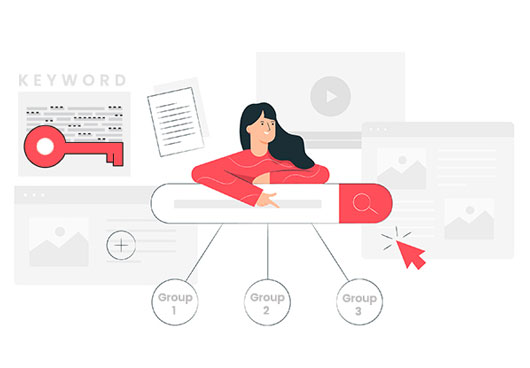
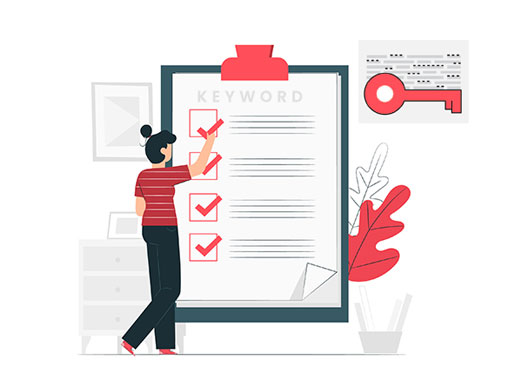

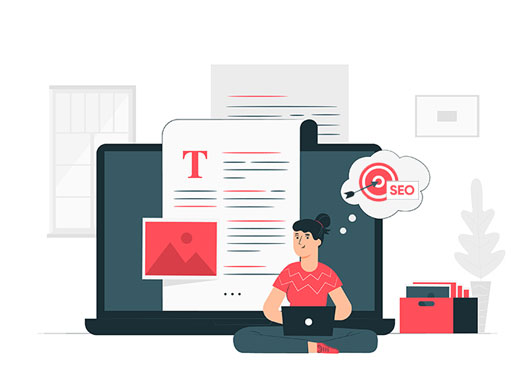
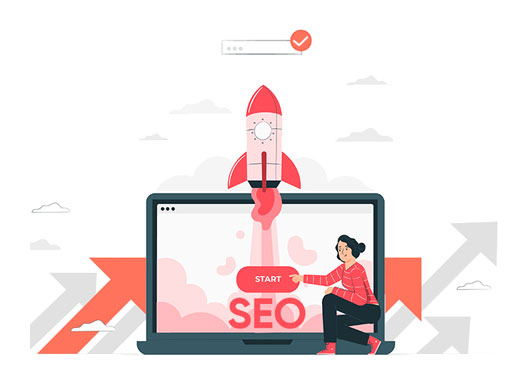
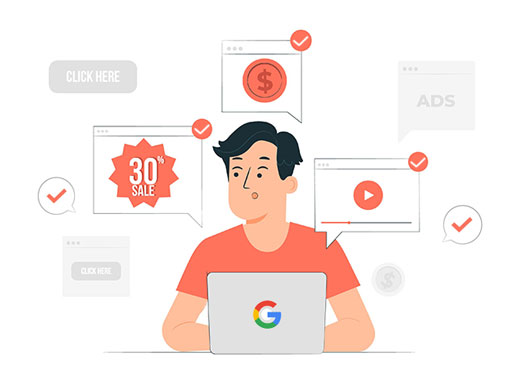
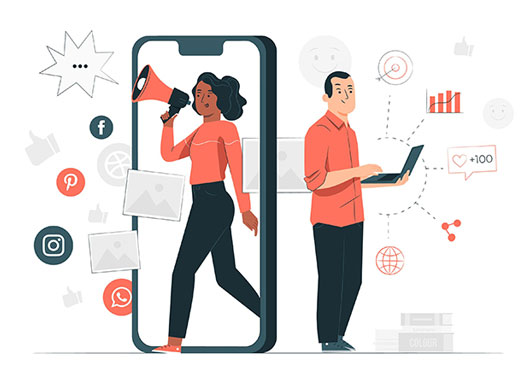
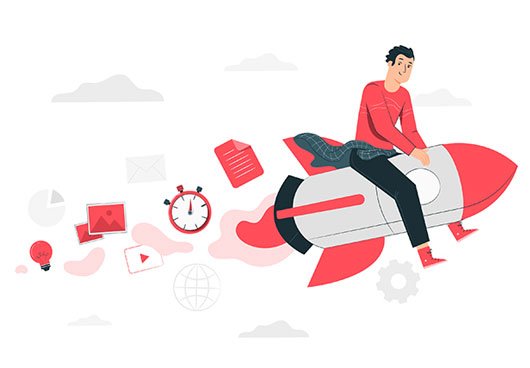
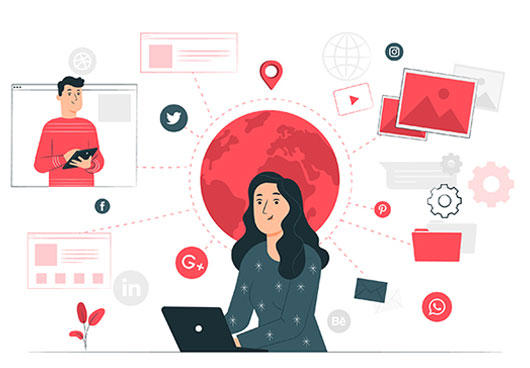

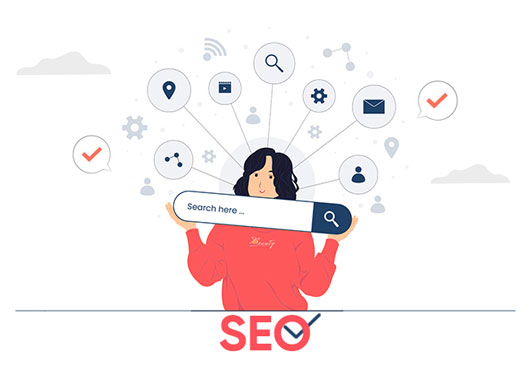
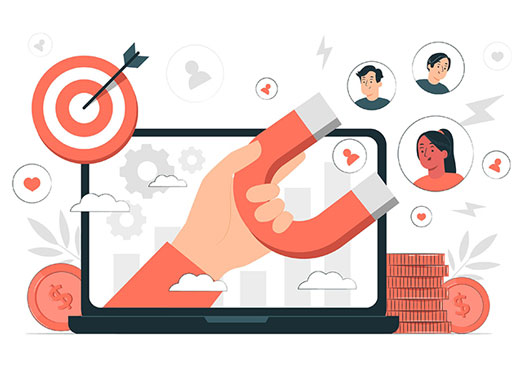

Leave a Reply